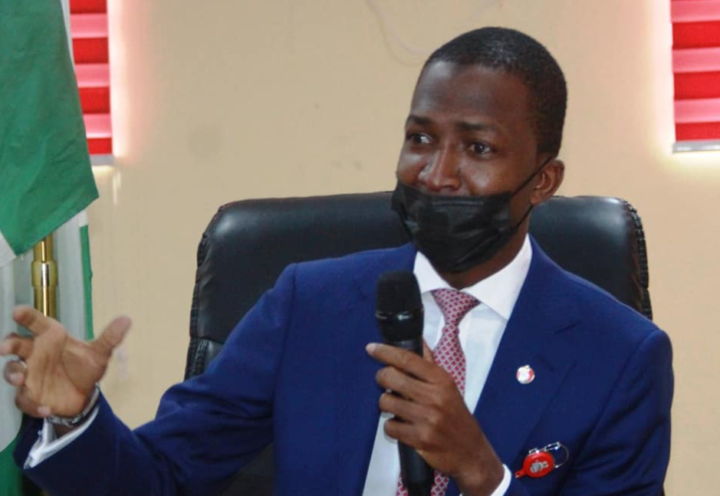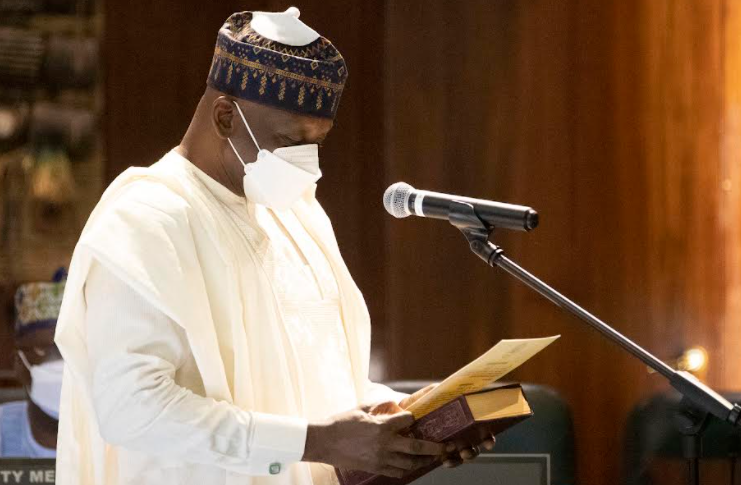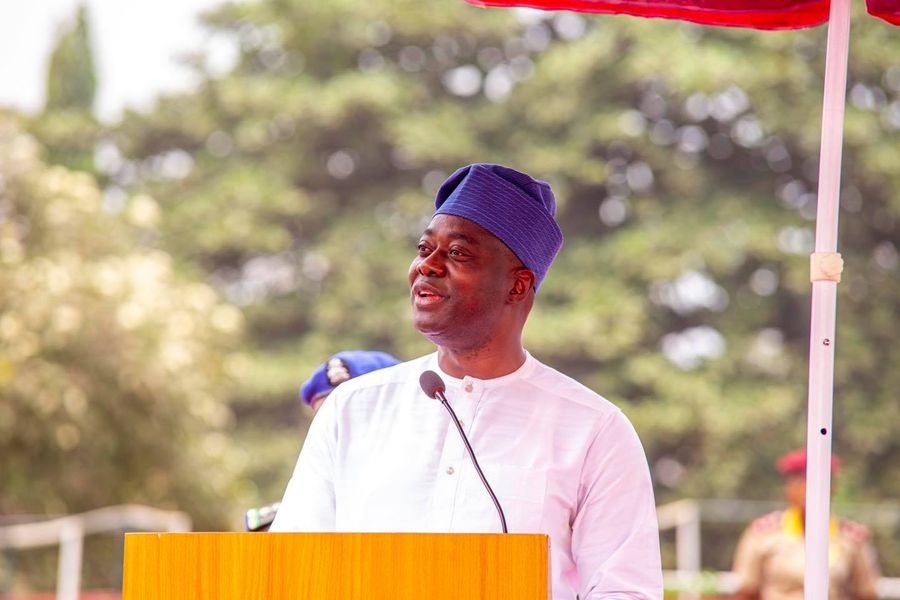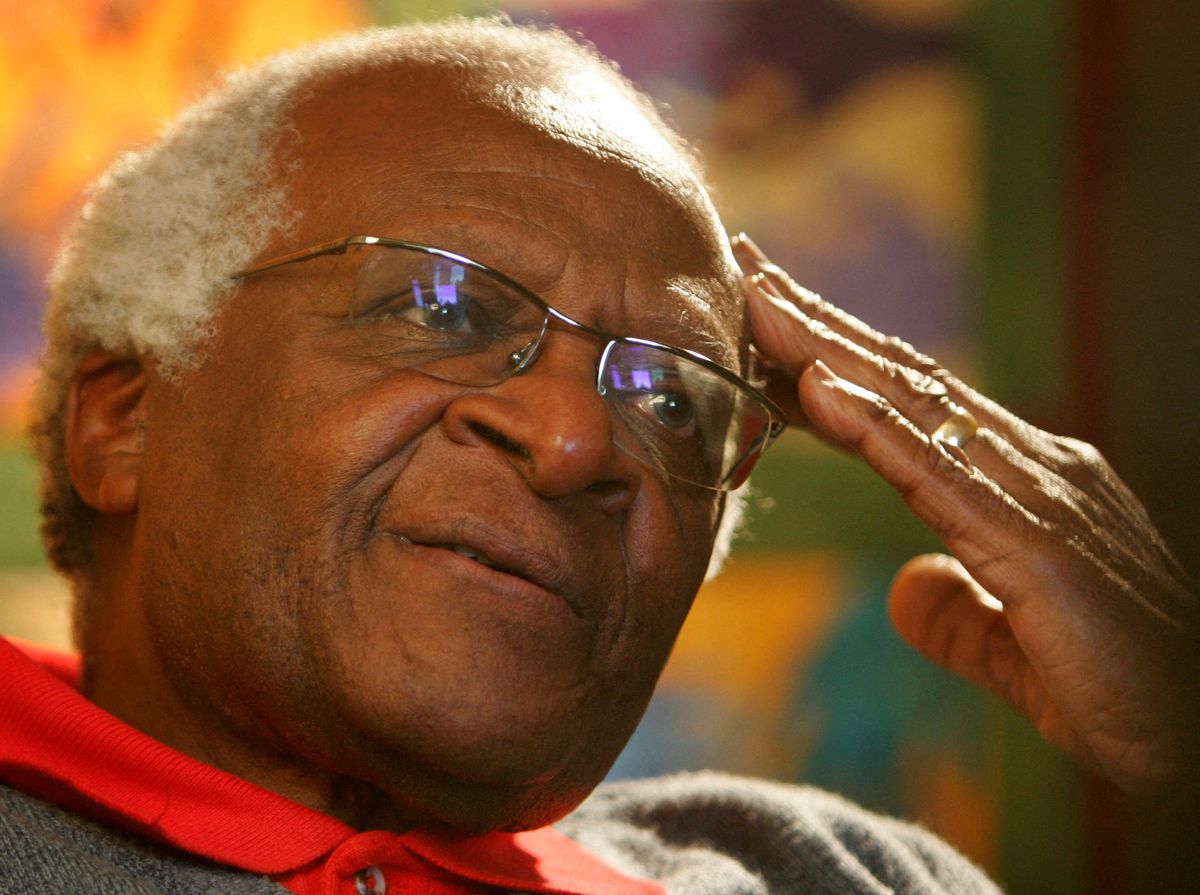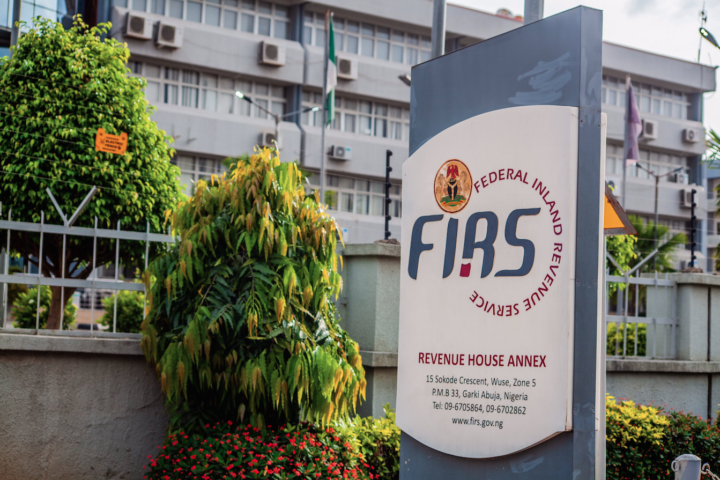BY JEROME-MARIO CHIJIOKE UTOMI
Each passing day brings to mind the fact that Nigeria is still visibly afflicted with perennial ‘leadership haemorrhage’. But the most serious aspect of this all-out assault is the belief by Nigerians that the nation’s leadership crisis was aggravated by a successive deficiency in leadership vision and in some cases made worse by public official’s understanding and interpretation of problems with clarity but lacking in political will to see or implement solutions.
Out of many of such comments, this piece will talk about two that are relevant to the present intervention.
The first and very basic came from a former speaker of the house of representatives, Ghali Umar Na’Abba. He, according to media reports, said: “My own take is that there has been so much misgovernance in the country. From the federal government to states and local governments, there is a general form of misgovernance. There has been no governance and even the way we operate our political parties is not the way it should be. Nigeria is suffering today as a result of misgovernance from the federal to local government level. We must speak the truth and measures must be taken to arrest this drift. That must begin with the political authorities from top to bottom”.
Advertisement
Before the dust raised by Ghali Umar Na’Abba’s declaration could settle, I, again, received a reaction/feedback from one of the readers of my recently published piece titled ‘Making 2023 general election rewarding’. The said reader is a retired professor from one of Nigeria’s institutions of higher learning (name withheld). His response qualified more as an indictment of our politicians/leaders.
It reads in parts: “I have carried out curiosity-driven research over three decades with the objectives of establishing the scientific basis of the present global distribution of wealth and power and how nations develop. Relying on my research results, I say the political groups in Nigeria are not political parties but political machinery and conspiracies. They have no objective of building Nigeria as a great nation. Generally, politicians do not build nations, science, and technology (S&T) build nations, not politics. It is S&T maturity, industrialisation that transform all spheres of society. Europeans toiled for about 2,000 years to achieve industrialisation, the Asians toiled about 3,000 years. The high level of insecurity in Nigeria is 99% economic problems and 1% others. Sadly, our intelligentsia/intellectuals and politicians cannot promote rapid economic progress. A presidential election in 2023 will increase the probability that Nigeria will fail”.
From the above reaction flows the following questions: What fuels Nigeria’s underdevelopment; faulty leadership recruitment process or lack of vision on the part of the elected public office holders?
Advertisement
To provide answers to the above beginning with the second question, there exists a recently articulated commentary in this direction entitled: ‘My movement to actualise Nigeria’ by Tobechi Innocent Okwuonu, a Nigerian based in Canada, probably did more than anything else to convince Nigerians that leadership challenge in the country significantly has nothing to do with cluelessness but largely depends on the understanding that their vision and agenda are at odds with the general inspirations and motivations of the population.
Nigerians tend to think that they have not been lucky with good leaders. That is, people who pilot the affairs of the nation at the three levels of government lack good leadership qualities, therefore, they fall short in delivering the fruits of good leadership. The general feeling is that this set of people in government is clueless. On the contrary, no administration in Nigeria’s history, including the present one, is clueless. Clueless suggests a lack of any vision or agenda. This is clearly not the case with those who have led and are leading Nigeria. Every administration at the federal and state levels has always come into office with a specific vision and agendas. This is correct for both the military and civilian governments.
The civilians always had their set agenda before assuming power, even if they present a different one to the electorate during their campaigns for election. Because Nigerian governments have their own visions and agenda, they are not clueless but their vision and agendas are at odds with the general inspirations and motivations of the population. The inspiration and motivations of the leadership and people of Nigeria have never been in alignment, instead, they are always at odds. Sometimes the odds are so great they result in chaos, which tethers dangerously on the brink of armed conflict. This is the leadership crisis that has bedeviled Nigeria and is plaguing her now. There is disharmony in what the government desires and is doing, and what the people desire and wish to see accomplished.
In a democracy, it is almost inevitable to avoid a governance crisis when a leadership crisis exists. Only in an absolute dictatorship can a governance crisis be prevented amidst a glaring leadership crisis – a disharmony in the inspirations and motivations of the government and the people. Nigeria has never had an absolute dictatorship. So, leadership and governance crises have bedeviled her, even before her independence. The agitations for independence stem from the leadership crisis; the pro-independence activities are manifestations of governance crises spurred by leadership crises.
Advertisement
The aspirations of the colonialists were certainly at odds with the desires and expectations of the general African-Nigerian populace.
Indeed, I have observed that absolute dictatorship can prevent governance crises. Yet, it cannot prevent or eliminate leadership crises because the latter emanates from the will of people, which is their mindset and natural tendency. A viable alternative is a leadership style that allows the natural tendency of any people to flourish, by availing them with means to express their legitimate inspirations and manifest their reasonable motivations.
The current democracy has devolved to a pathetic state: prospective elected public servants seek office merely for the sake of politics. They are motivated by power and politics only. They campaign on lofty ideals to get the vote of their constituents, but when they are elected, they renege on their promises to their constituents. Instead, they tow the tired routine paths of their party in particular, and politics in general.
The only hope Nigeria and Nigerians have is political restructuring. Without a politics that aligns the aspirations of the leaders with the people, and compels leaders to stick to their campaign mandates, preventing them from reneging when elected into power, the leadership and governance crises in Nigeria will not let up.
Advertisement
Finally, like the former speaker noted, unless we begin to take measures to reclaim this immunity, this country is going to continue to drift. Likewise in my view, the best way to start is by using the 2023 general elections to stop politicians that cannot draw a distinction between politics and leadership. They play politics all the way. In doing so, they use the people to further their own end which is unpleasant, selfish, narrow-minded, and petty. Their politics involves intimidating people, getting things done by lying or other dishonored means’. These need to be dropped.
Utomi is the programme coordinator (media and public policy) at Social and Economic Justice Advocacy (SEJA) in Lagos. He could be reached via [email protected]/08032725374
Advertisement
Views expressed by contributors are strictly personal and not of TheCable.
Add a comment

